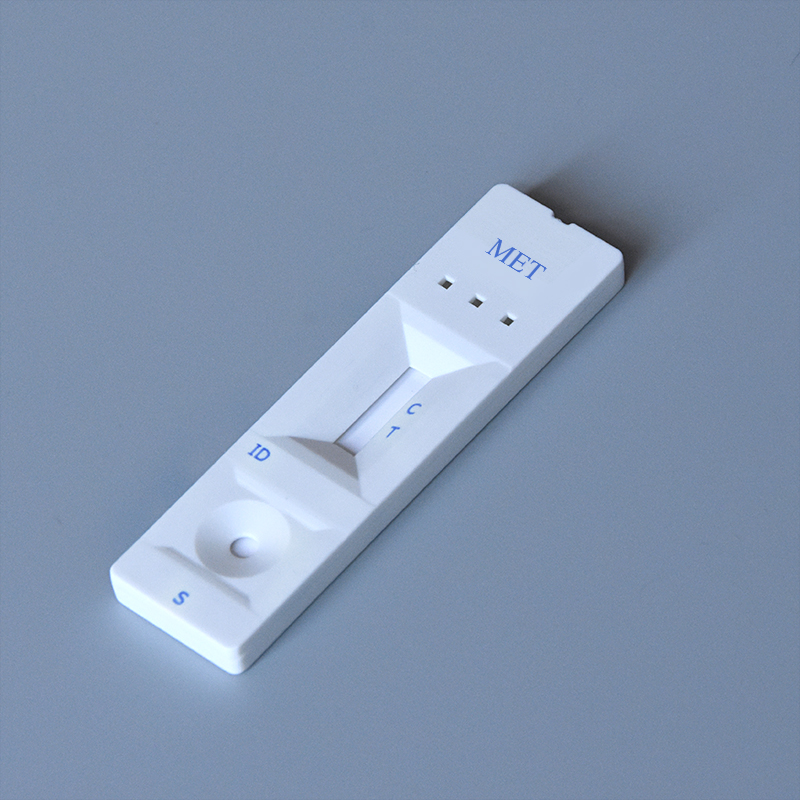ਦਸੰ. . 13, 2024 23:38 Back to list
helicobacter pylori test kit
Understanding Helicobacter Pylori and the Importance of Testing Kits
Helicobacter pylori, often abbreviated as H. pylori, is a gram-negative bacterium known for its role in various gastrointestinal disorders, most notably in the development of peptic ulcers and chronic gastritis. Infecting nearly half of the global population, H. pylori is particularly prevalent in developing countries, where sanitation practices may be less effective. Understanding how to detect this bacterium through testing kits can help in managing infections and preventing potential complications.
What is Helicobacter Pylori?
H. pylori is a highly adaptable organism that resides in the acidic environment of the stomach. It has developed mechanisms to survive the harsh gastric conditions, allowing it to colonize the gastric epithelium. Once established, H. pylori can cause inflammation and disrupt the stomach lining, which may lead to peptic ulcers and is linked to gastric cancer in some cases. Symptoms of H. pylori infection can range from mild gastric discomfort to severe abdominal pain, bloating, nausea, and in some instances, vomiting.
The Need for Testing
Due to the widespread nature of H. pylori and its possible link to serious health issues, testing for the bacterium is critical, particularly in patients experiencing unexplained gastrointestinal symptoms. Early detection can lead to effective treatment strategies that may involve a combination of antibiotics and proton pump inhibitors to eradicate the infection and alleviate symptoms.
There are several methods available for testing H. pylori, including non-invasive and invasive tests. Non-invasive tests, such as the urea breath test, stool antigen test, and serological blood tests, are typically preferred due to their ease of use and safety. Invasive tests, like endoscopy with biopsy, although more accurate, require more extensive procedures and are usually reserved for cases where additional complications are suspected.
H. Pylori Test Kits
helicobacter pylori test kit

H. pylori test kits have become increasingly popular for at-home testing, providing a convenient option for individuals who suspect they may be infected. These kits are generally non-invasive and involve either a breath test or a stool test.
1. Breath Test Kits These kits typically work by having the user ingest a substance containing urea that is labeled with a specific carbon isotope. If H. pylori is present in the stomach, it will break down the urea, releasing the labeled carbon into the breath. Users then exhale into a collection device, and the subsequent breath sample is analyzed for the presence of the labeled carbon, indicating a positive result for H. pylori infection.
2. Stool Test Kits Stool antigen test kits allow users to collect a stool sample and send it to a laboratory for analysis. These kits detect specific antigens related to H. pylori in the stool, making them a reliable option for non-invasive testing.
Interpreting Results and Next Steps
When utilizing H. pylori test kits, it’s essential to follow the instructions carefully to ensure accurate results. A positive test indicates the presence of the bacterium and necessitates consultation with a healthcare provider for further evaluation and treatment. This may involve prescribed medication including an appropriate regimen of antibiotics.
Conversely, a negative test does not completely rule out H. pylori infection, particularly if symptoms are still present. It is crucial for individuals to discuss ongoing symptoms with healthcare professionals, who may recommend additional testing or alternative diagnostic approaches to confirm or rule out an infection.
Conclusion
H. pylori testing is a vital component of proactive gastrointestinal health management. With the availability of user-friendly test kits, individuals can readily assess their risk and seek timely medical advice. Given the bacterium's potential to cause significant health issues, such as peptic ulcers and increased cancer risk, staying informed and able to access testing are important steps in maintaining digestive health. As research continues and technology evolves, the landscape of H. pylori detection will likely become even more accessible and efficient, ultimately leading to better health outcomes for many individuals globally.
-
Dengue NS1 Rapid Diagnostic Test Kit
NewsMar.07,2025
-
Dengue NS1 Rapid Diagnostic Test Kit
NewsMar.07,2025
-
Dengue NS1 Rapid Diagnostic Test Kit
NewsMar.07,2025
-
Transferrin Rapid Test Cassette Tumor Marker TF Card
NewsMar.07,2025
-
Malaria Pf Pan Rapid Diagnostic Test Kit
NewsMar.07,2025
-
malaria pf / pan ag rapid test
NewsMar.07,2025

